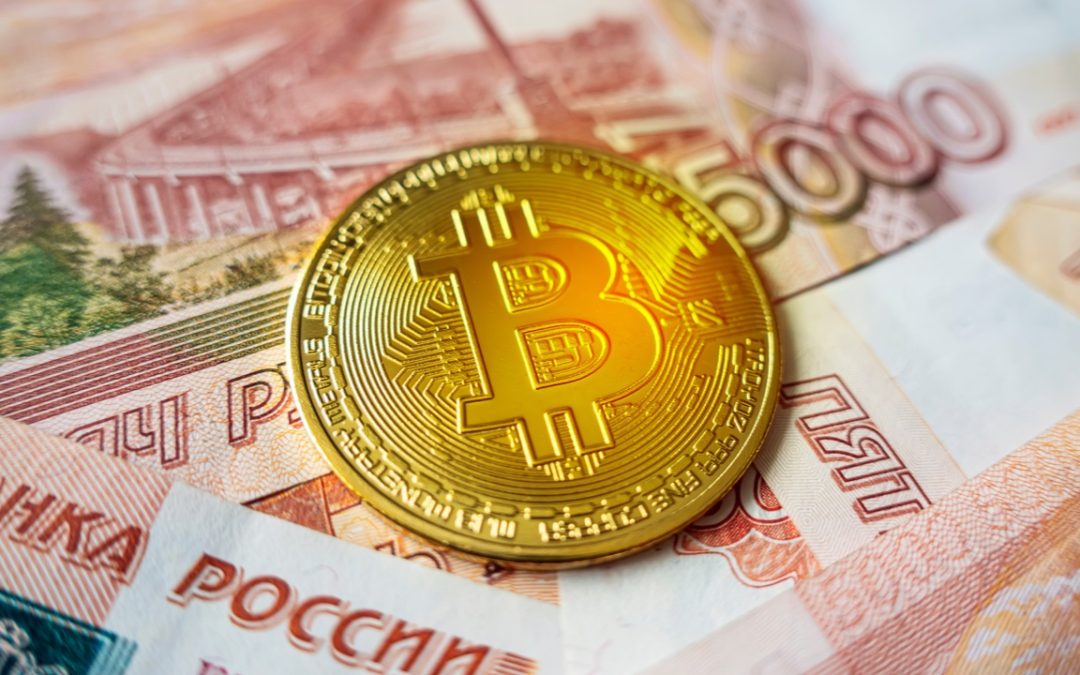Russian lawmakers have approved amendments regulating the taxation of transactions with digital assets. The legislation concerns business operations with cryptocurrencies and tokens. In some cases, the burden for Russian companies will be reduced as compared to foreign entities.
Russian Duma Passes Law to Tax Crypto Transactions
A bill amending the Tax Code of the Russian Federation to allow the authorities in Moscow to tax operations with digital financial assets (DFAs) has been approved on second, third, and final reading in the State Duma, the lower house of Russian parliament.
The legislation clarifies various aspects of the taxation of cryptocurrencies, as DFA is currently the main term in Russian law that applies to them. A new law “On Digital Currency” should expand the legal framework and definitions for crypto assets this fall.
According to the document, quoted by the crypto news outlet Forklog, services provided by platforms that issue, control, and keep records of the movement of DFAs will be excluded from the scope of the value-added tax (VAT), just like with securities.
When exercising digital rights, the legal term that encompasses security and utility tokens, the tax base will be determined as the difference between the sale and the acquisition price of the respective digital right, the report detailed.
Russian legal entities owning digital tokens will pay 13% on the amount of income received from them while foreign-based companies will be charged at a higher, 15% rate, the new tax provisions dictate, giving a slight advantage to local businesses.
The crypto tax law was initially submitted to the State Duma in mid-April and passed on first reading the following month. It was also approved by the parliamentary financial market and new legislation committees. At the time, legal experts were quoted as noting that the tax rules do not apply to private crypto holdings.
Russian officials have been working this year to comprehensively regulate the country’s crypto space. The adoption of the digital currency law, which was proposed by the Ministry of Finance in February, has been delayed by ongoing discussions on the future legal status of decentralized cryptocurrencies like bitcoin.
Do you expect Russia to adopt more crypto-related regulations by the end of 2022? Tell us in the comments section below.










